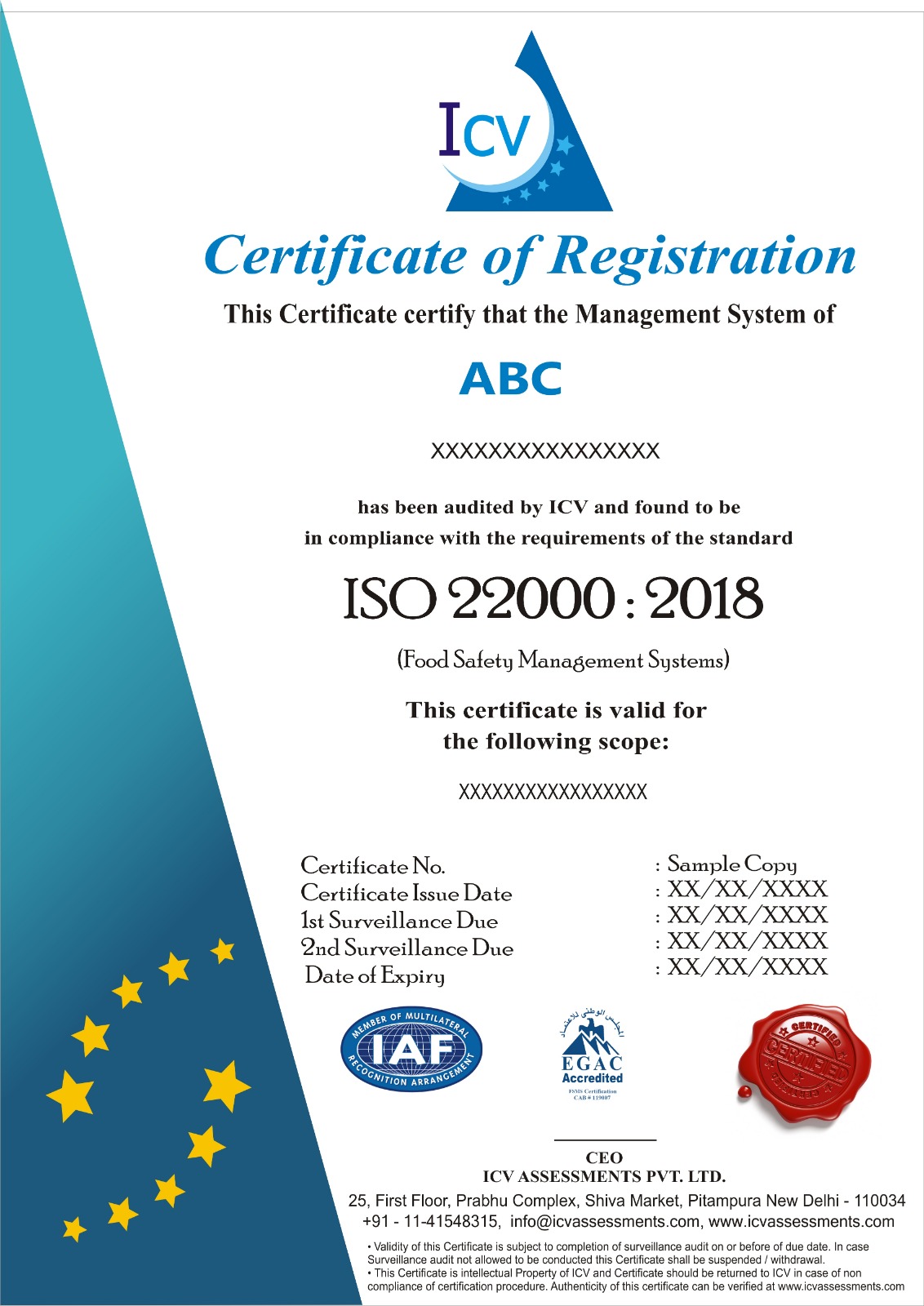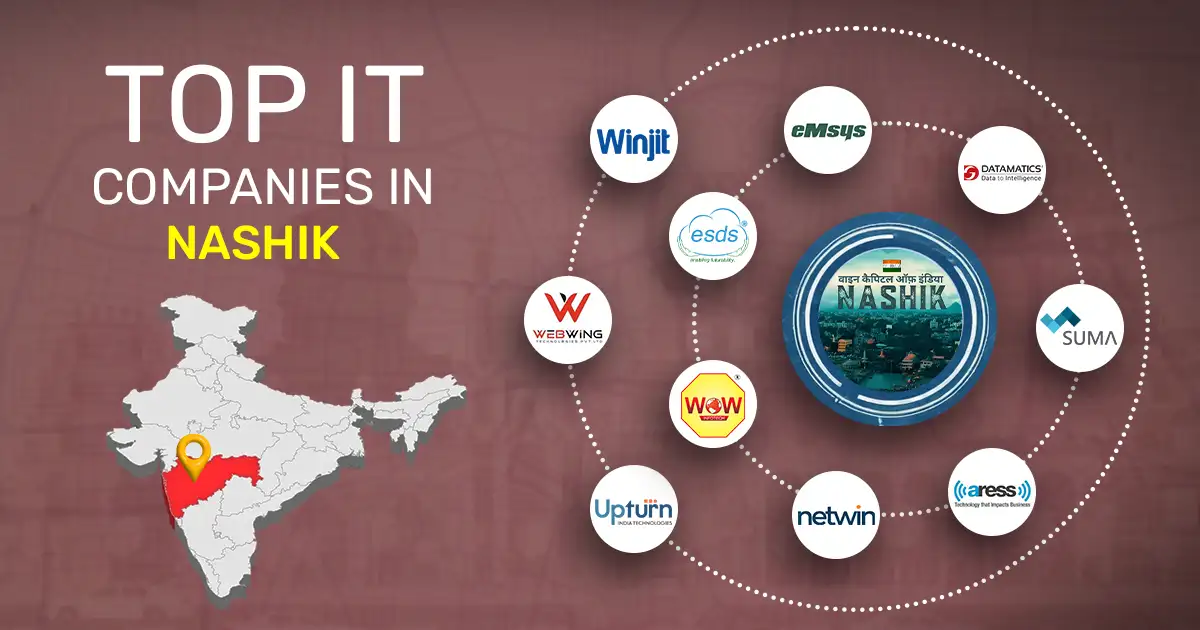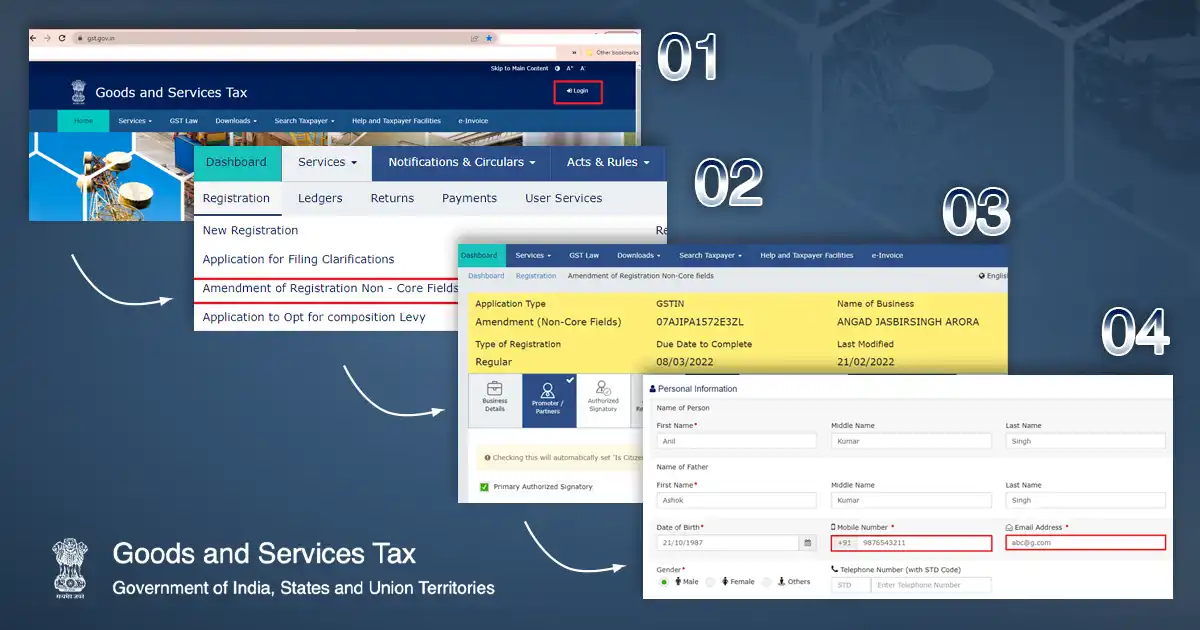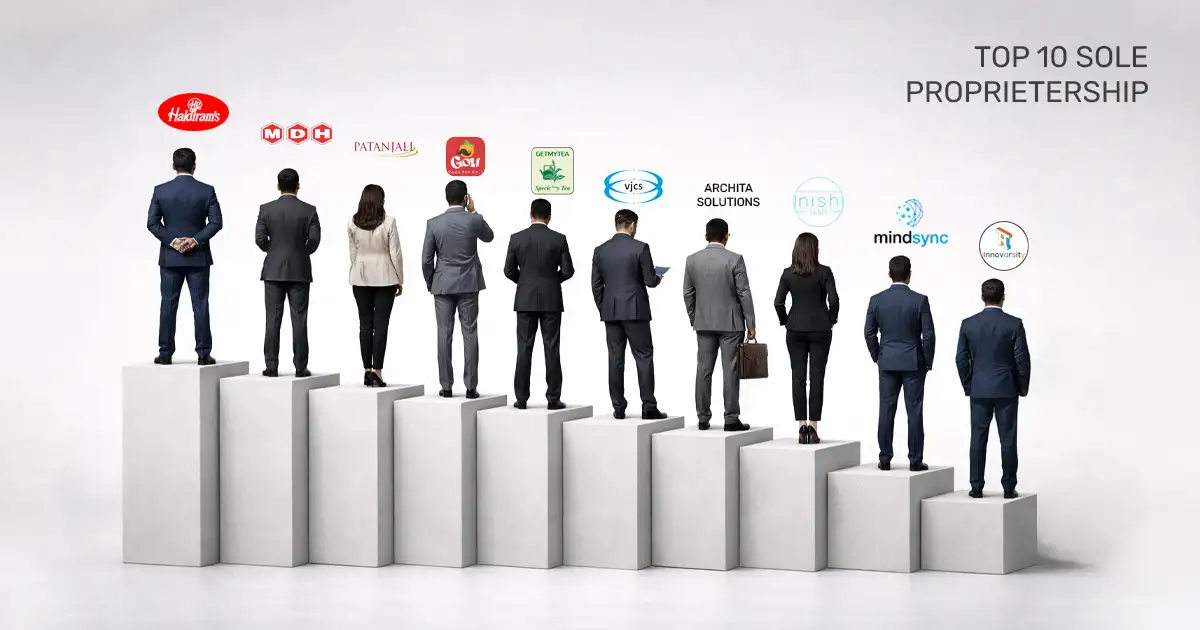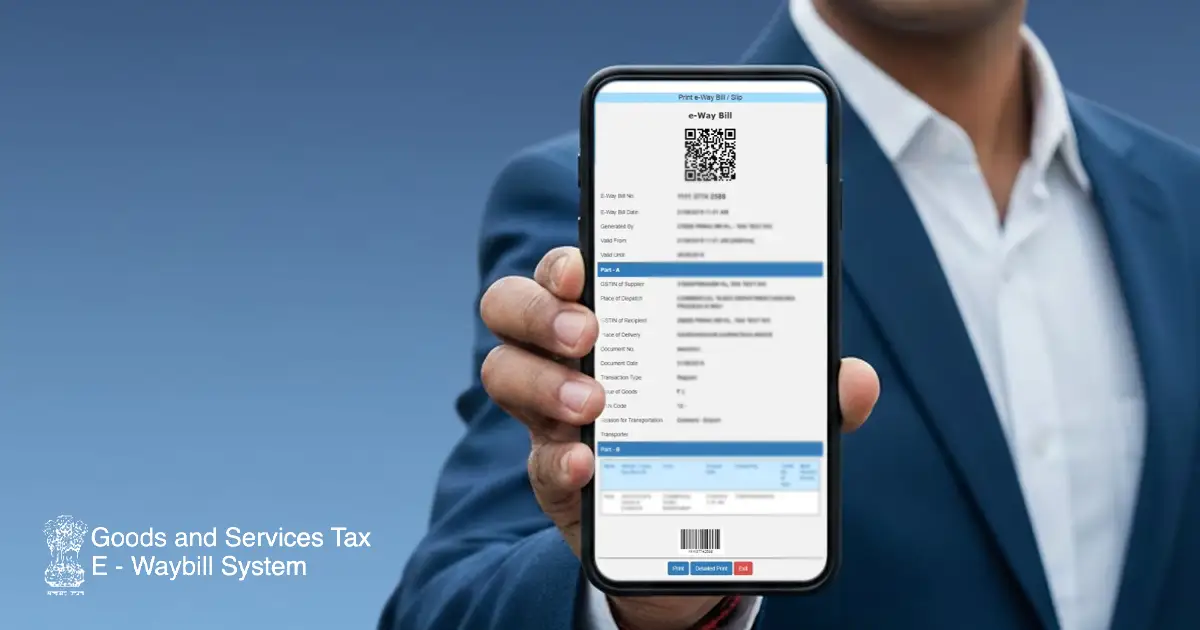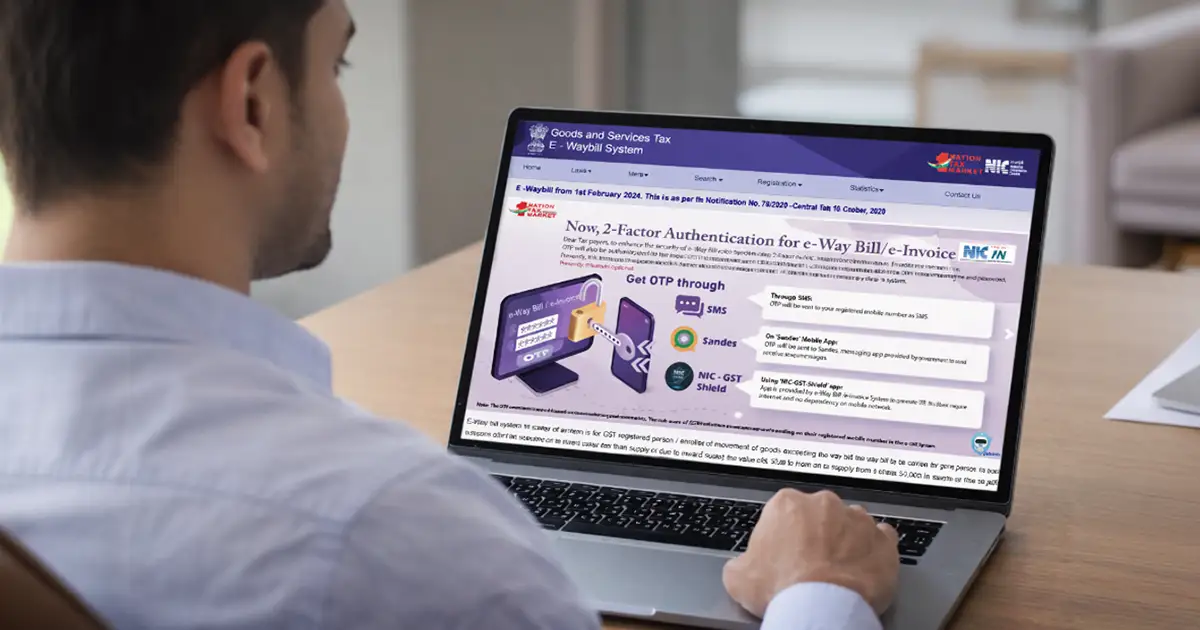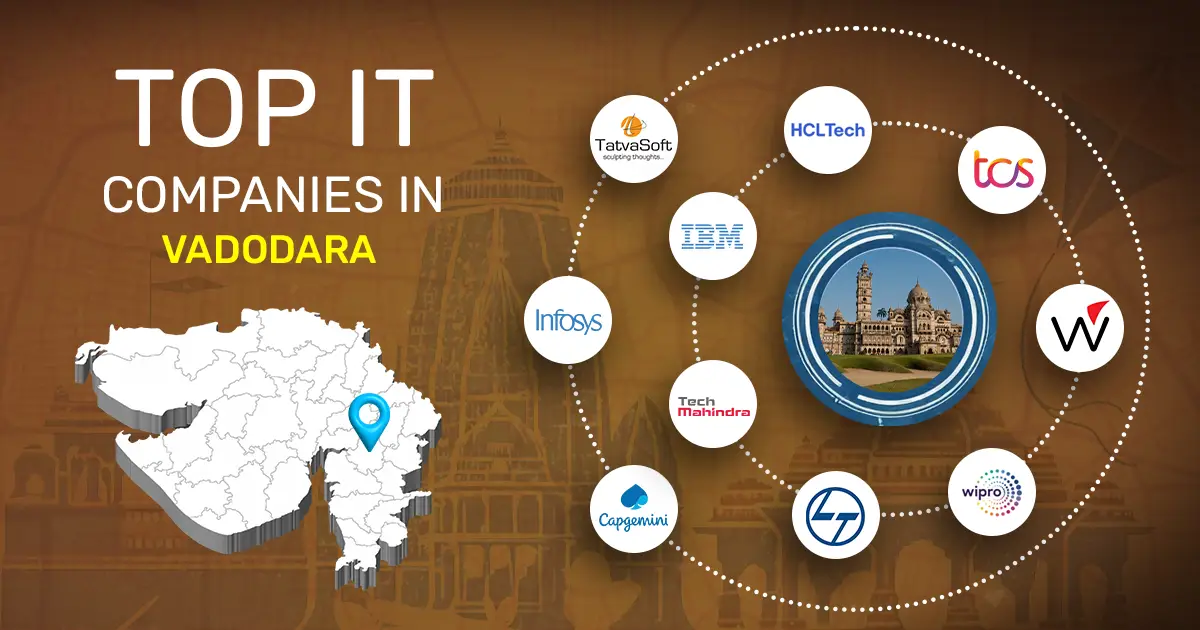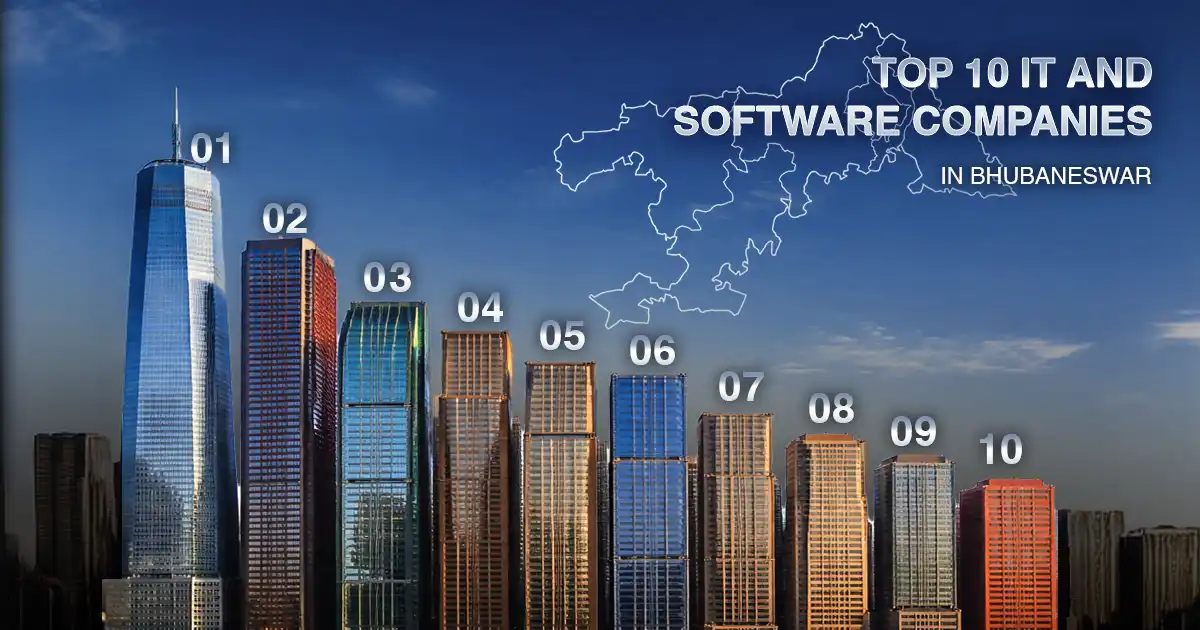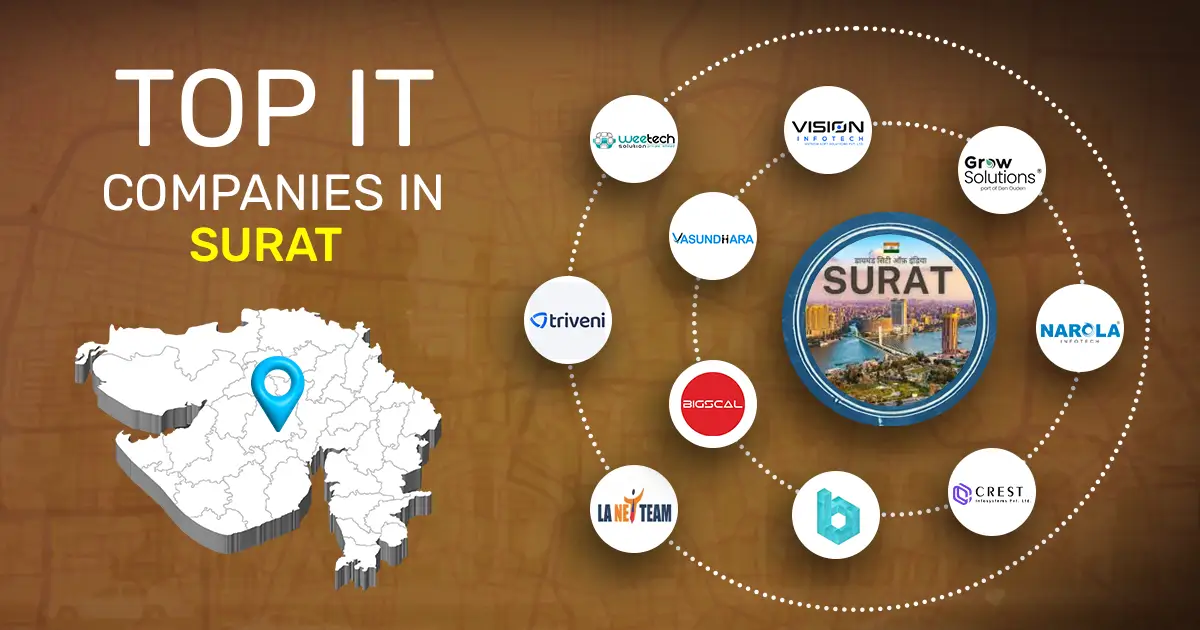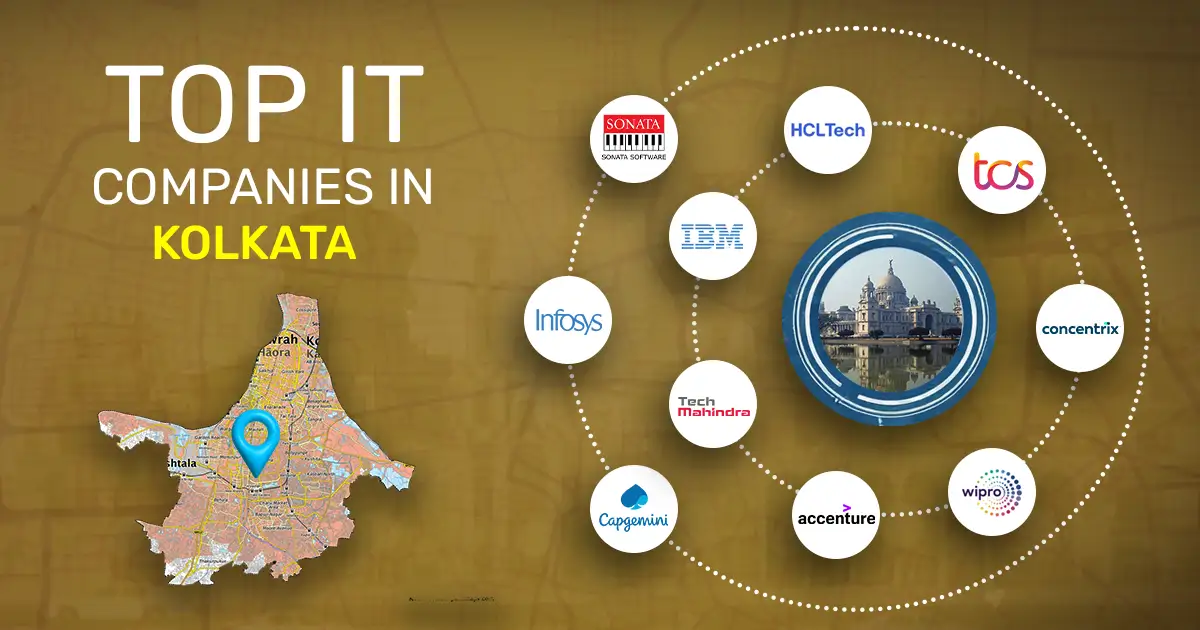ISO 22000 is a global food safety standard. It was established in 2005 by the International Organization for Standardization (ISO) and outlines the requirements for a Food Safety Management System (FSMS). It applies to all organizations in the food chain, from producers to retailers, to ensure the food they handle is safe for consumption.
While ISO develops the standard, certification is granted by accredited bodies. In India, these bodies are usually approved by the National Accreditation Board for Certification Bodies (NABCB) under the Quality Council of India (QCI).
What is FSMS ISO 22000?
The full form of FSMS is Food Safety Management System, based on ISO 22000 standards. It’s a structured process to manage food safety risks, improve hygiene, and protect public health.
Key features of FSMS ISO 22000:
- Follows a preventive approach instead of just testing the final product
- Includes risk assessment, hazard control, monitoring, and continual improvement
- Promotes transparency and accountability in the food supply chain

